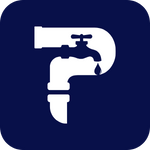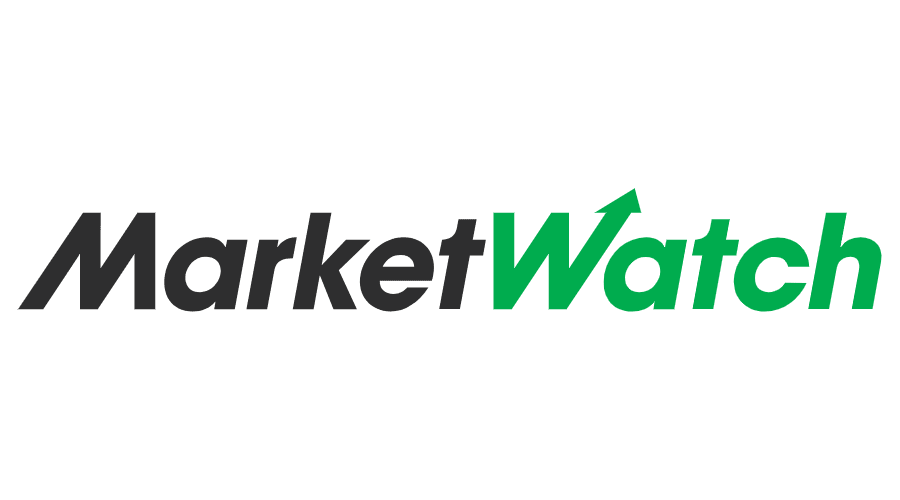Marketing Automation to Increase HVAC Sales In the highly competitive HVAC (Heating, Ventilation, & Air Conditioning) sector, companies are always looking for new ways to improve sales and customer interaction. Using marketing automation has been one of the most successful strategies in recent years. The benefits of marketing automation are examined, the HVAC market is examined, and practical advice on how to apply & enhance these tactics for optimum sales impact is given.
Key Takeaways
- The HVAC market is competitive and constantly evolving, requiring businesses to stay ahead of the curve to succeed.
- Marketing automation can streamline and optimize HVAC sales processes, leading to increased efficiency and higher conversion rates.
- Implementing marketing automation in HVAC sales involves identifying key touchpoints in the customer journey and automating personalized communication.
- Utilizing customer data allows for targeted marketing efforts, tailoring messaging and offers to specific customer segments.
- Creating engaging content, such as informative blog posts and how-to videos, can help build brand authority and attract potential HVAC customers.
The heating & cooling system installation, maintenance, and repair are just a few of the many services that are included in the dynamic HVAC market. HVAC companies must adjust to shifting consumer demands and technological advancements as energy efficiency gains importance. Climate change, urbanization, & the growing demand for energy-efficient solutions are some of the factors driving the industry's anticipated significant growth. Recognizing the various client segments that the HVAC industry serves is essential to understanding it.
Comfort and energy efficiency are frequently given top priority by residential clients, whereas system dependability and affordability may be the main concerns of business clients. Smart home technology has also opened up new avenues for HVAC companies to provide integrated solutions that appeal to tech-savvy customers. HVAC companies can modify their marketing strategies to suit the unique requirements of their target audience by understanding these subtleties. There are many benefits to marketing automation for HVAC companies trying to improve customer engagement & expedite sales processes. More efficiency is one of the main advantages.
HVAC businesses can give their sales teams more time to concentrate on closing deals and offering top-notch customer service by automating repetitive tasks like lead nurturing, social media posting, and email campaigns. Also, HVAC companies can provide their clients with individualized experiences thanks to marketing automation. By segmenting audiences according to their demographics, preferences, & behavior, businesses can develop campaigns that are specifically tailored to the needs of their target audience. Because potential customers are more likely to react favorably to customized messaging, this degree of personalization not only raises conversion rates but also enhances customer satisfaction.
| Metrics | Value |
|---|---|
| Leads generated | 200 |
| Conversion rate | 15% |
| Revenue generated | 50,000 |
| Customer acquisition cost | 200 |
Businesses must first choose the appropriate tools that fit their objectives in order to successfully integrate marketing automation in HVAC sales. Many platforms are available that are tailored to the HVAC industry's requirements, providing features like customer relationship management (CRM), email marketing, and lead tracking. It is crucial to assess these choices in light of their scalability, usability, & compatibility with current systems. After the right resources are available, HVAC businesses should create a thorough plan that details their key performance indicators (KPIs) and marketing goals. A well-defined plan for lead generation, customer engagement, and content production should be part of this approach.
Businesses can make sure that their marketing automation initiatives are in line with their overall sales objectives and can be efficiently tracked over time by creating an implementation roadmap. If HVAC companies want to improve their marketing, customer data is a treasure trove. Businesses can obtain important insights into the preferences and behavior of their customers by gathering and evaluating data from a variety of sources, including social media engagement, website interactions, & customer feedback. By using this data, marketing campaigns that are highly targeted and directly address the needs of potential clients can be developed.
Energy-efficient heating solutions, for example, can be the focus of marketing campaigns if data indicates that a sizable section of a company's audience is interested in them. Employing customer data also helps HVAC companies spot patterns over time, which helps them modify their products and advertising tactics. This proactive strategy not only raises customer satisfaction but also establishes businesses as market leaders who comprehend & meet consumer needs. The foundation of any effective marketing strategy is content, and the HVAC sector is no exception. Establishing credibility & trust with potential clients requires producing interesting content that informs and educates them.
Videos, infographics, blog entries, how-to manuals, and case studies showcasing accomplished tasks or happy clients can all fall under this category. It's crucial to concentrate on subjects that appeal to your target audience when creating content. For instance, homeowners searching for methods to lower their utility bills may be drawn to articles about best practices for maintenance or energy-saving techniques. Content that follows SEO best practices is also more likely to rank highly in search engine results, which will increase organic traffic to your website.
HVAC companies can become thought leaders in the sector by continuously creating excellent content that solves customer problems. For HVAC businesses trying to engage with clients & advertise their services, social media platforms have become vital resources. Through the establishment of a robust online presence on social media sites like Facebook, Instagram, LinkedIn, and Twitter, companies can interact with their audience in real time & demonstrate their areas of expertise. Also, social media gives HVAC businesses the chance to showcase client endorsements, advertise exclusive deals, and share insightful content. A content calendar that specifies the kinds of posts that will be shared & at what times is essential for HVAC companies looking to optimize their social media marketing efforts.
This guarantees a steady stream of content while giving room for adaptation in response to current affairs or market trends. Also, making use of social media's paid advertising options can help expand your audience and improve lead generation. It's critical to routinely measure and evaluate results in order to assess the effectiveness of marketing automation initiatives in HVAC sales. It's important to regularly monitor key performance indicators (KPIs) like website traffic, social media engagement, email open rates, & lead conversion rates. Businesses can determine which strategies are effective and which ones might require improvement by examining this data.
This procedure can be made simpler by making use of the analytics tools offered by marketing automation platforms. HVAC businesses can use these tools to make data-driven decisions about their marketing strategies because they frequently provide comprehensive reports that highlight performance metrics over time. Frequent evaluation of these outcomes informs future marketing campaigns in addition to aiding in the optimization of ongoing ones. Following a few best practices will help businesses optimize HVAC sales through marketing automation. Maintaining a neat & orderly database of client data should come first.
Marketing initiatives are kept current and successful by routinely updating contact information & dividing audiences into behaviorally-based groups. A unified approach that raises brand awareness and consumer engagement is also produced by combining different marketing channels, such as social media, email marketing, & content marketing.
Finally, in the dynamic field of digital marketing, lifelong learning is essential. HVAC companies can effectively modify their strategies by keeping up with emerging best practices, new technologies, and industry trends.
Businesses can position themselves for long-term success in the cutthroat HVAC market by embracing innovation and remaining adaptable. In summary, HVAC companies have a significant chance to improve customer engagement and sales processes through marketing automation. In an increasingly digital world, HVAC companies can optimize their sales potential by comprehending market dynamics, utilizing customer data, producing captivating content, effectively utilizing social media, closely monitoring results, & following best practices. The moment has come to adopt these tactics; act now to establish your HVAC company as a market leader!
If you are interested in learning more about HVAC marketing strategies, you may want to check out this article on HVAC influencer marketing in Vancouver, Washington. This article discusses how partnering with influencers can help HVAC businesses reach a wider audience and increase brand awareness. By leveraging the power of social media influencers, HVAC companies can effectively promote their products and services to potential customers.
FAQs
What is HVAC marketing automation?
HVAC marketing automation is the use of software and technology to streamline and automate marketing tasks and processes within the heating, ventilation, and air conditioning (HVAC) industry. This can include email marketing, lead nurturing, customer relationship management, and more.
How can HVAC marketing automation benefit HVAC businesses?
HVAC marketing automation can benefit businesses by saving time and resources, improving lead generation and nurturing, increasing customer engagement, and ultimately driving more sales and revenue. It can also help businesses to better understand and target their ideal customers.
What are some common features of HVAC marketing automation software?
Common features of HVAC marketing automation software include email marketing tools, lead scoring and nurturing, customer relationship management (CRM) integration, social media management, analytics and reporting, and marketing campaign automation.
How can HVAC businesses implement marketing automation effectively?
To implement marketing automation effectively, HVAC businesses should first define their marketing goals and target audience, then choose the right marketing automation software that aligns with their needs. They should also invest in training for their team and continuously analyze and optimize their marketing automation strategies.
What are some examples of HVAC marketing automation software?
Examples of HVAC marketing automation software include HubSpot, Marketo, Pardot, ActiveCampaign, and Mailchimp. These platforms offer a range of features to help HVAC businesses automate and optimize their marketing efforts.






